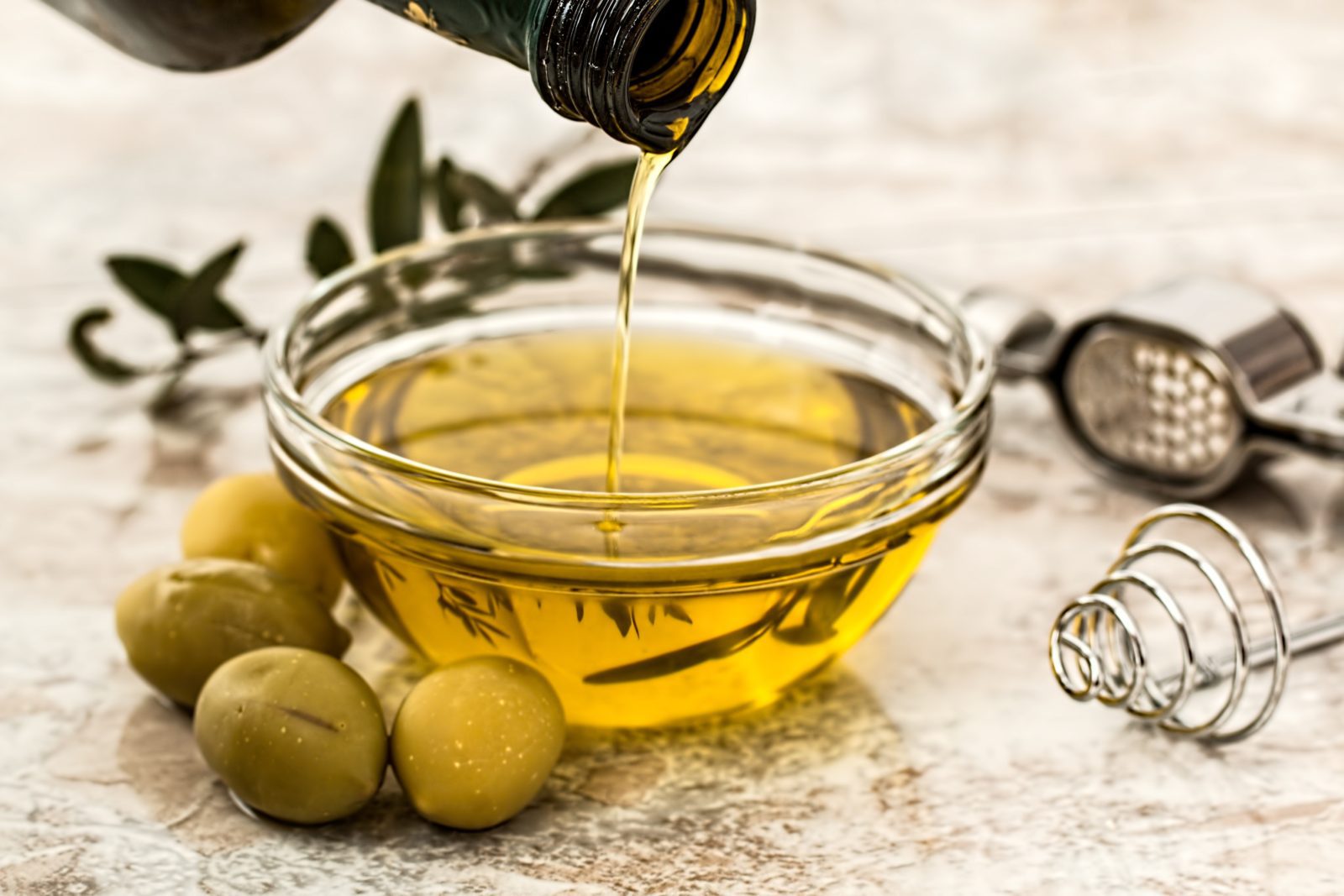Wholesale prices of olive oil are at a historic high, more than double last year. This is due mainly to a poor harvest caused by drought in Spain and other EU countries, where two-thirds of the world’s production comes from. Analyst Jiří Tyleček from XTB said the price increase will likely be reflected on store shelves after last year’s stocks are sold out. In the Czech Republic, a liter of olive oil currently sells for around 250 crowns, and according to Tyleček, the price could be twice as high next year.
According to the analyst, retail chains are not yet responding much to the increase in wholesale prices. According to the current exchange rate, a liter of olive oil is sold on the wholesale market for about eight euros, roughly 192 crowns. He said that the further development of store prices will also be influenced by whether people adjust their shopping preferences, such as buying other types of oils. Better growing conditions next year could also ease pressure on prices.
Tyleček stated that the lack of rainfall has caused significantly worse crops in Spain, the world’s largest producer of olive oil, which is the source of almost 40% of the world’s production. “The second-largest producer is Italy, which has also been affected by drought this year. Only slightly better conditions exist this year in Portugal and Greece,” he added.
He also noted that Spanish growers harvested about two-fifths of the production compared to last season, which is about 620,000 tons. The analyst said the yields of growers are the lowest in the past 30 years. This leads to stocks quickly running out, and they may hit a minimum even before the start of the harvest next year.
According to Tyleček, oil prices are also influenced by higher fertilizers costs for farmers or banks’ higher interest rates. “Any investments are associated with higher costs, and growers’ lack of water was the primary driver of investment this year. If drought in southern Europe becomes common due to climate change, necessary irrigation would further push up the prices of olives and olive oil,” he said. He added that this could lead to olive cultivation shifting to more northern regions.





